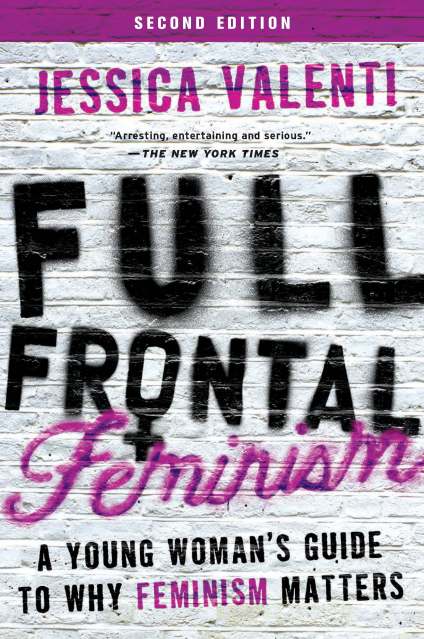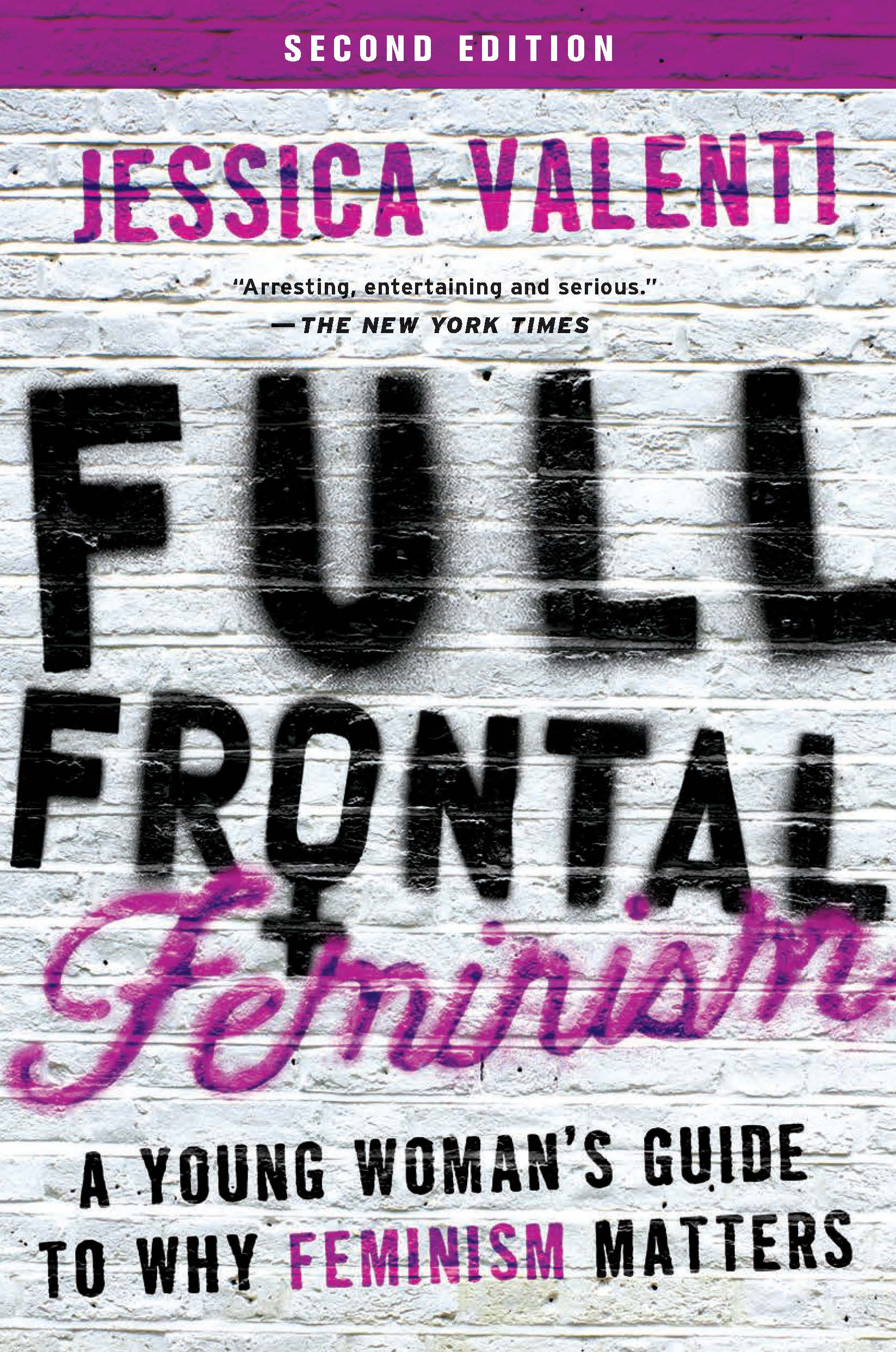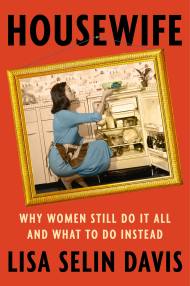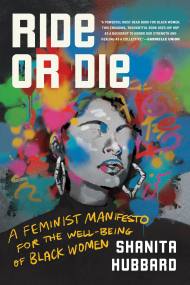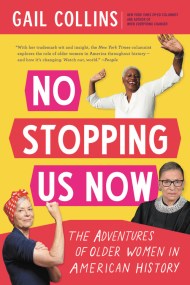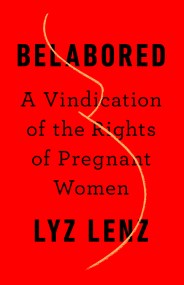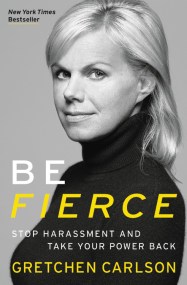Promotion
Use code MOM24 for 20% off site wide + free shipping over $45
Full Frontal Feminism
A Young Woman's Guide to Why Feminism Matters
Contributors
Formats and Prices
Price
$11.99Price
$14.99 CADFormat
Format:
- ebook $11.99 $14.99 CAD
- Trade Paperback $17.99 $22.99 CAD
This item is a preorder. Your payment method will be charged immediately, and the product is expected to ship on or around July 1, 2014. This date is subject to change due to shipping delays beyond our control.
Also available from:
Now in its updated second edition, Full Frontal Feminism embodies the forward-looking messages that bestselling author Jessica Valenti propagated as founder of the popular website, Feministing.com. Smart and relatable, the book serves as a complete guide to the issues that matter to today’s young women, including health, equal pay, reproductive rights, violence, education, relationships, sexual independence and safety, the influence of pop culture, and more.
Chapters include:
You’re a Hardcore Feminist. I Swear.
Feminists Do It Better (and Other Sex Tips)
Pop Culture Gone Wild
The Blame (and Shame) Game
If These Uterine Walls Could Talk
Material World
My Big Fat Unnecessary Wedding and Other Dating Diseases
“Real” Women Have Babies
I Promise I Won’t Say “Herstory”
Boys Do Cry
Beauty Cult
Sex and the City Voters, My Ass
A Quick Academic Aside
Get to It
Since its original publication, Full Frontal Feminism has informed, inspired, and assured readers with the ultimate message of truth: You a feminist, and that’s pretty cool.
Genre:
- On Sale
- Jul 1, 2014
- Page Count
- 288 pages
- Publisher
- Seal Press
- ISBN-13
- 9781580055727
Newsletter Signup
By clicking ‘Sign Up,’ I acknowledge that I have read and agree to Hachette Book Group’s Privacy Policy and Terms of Use
